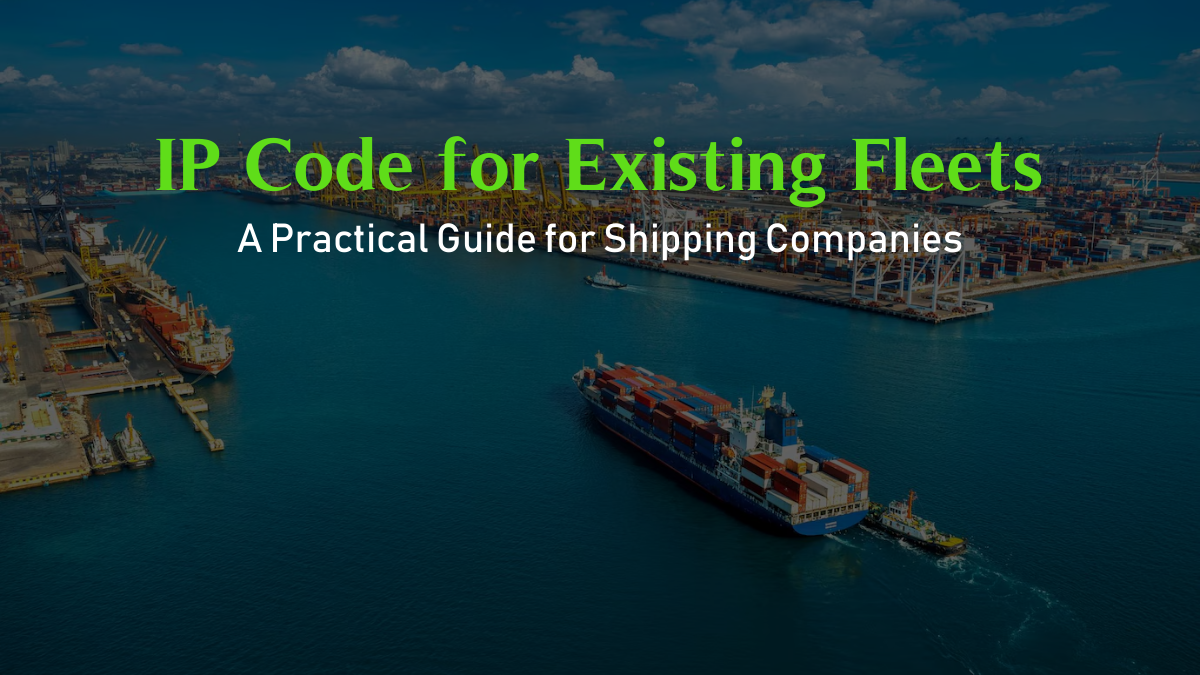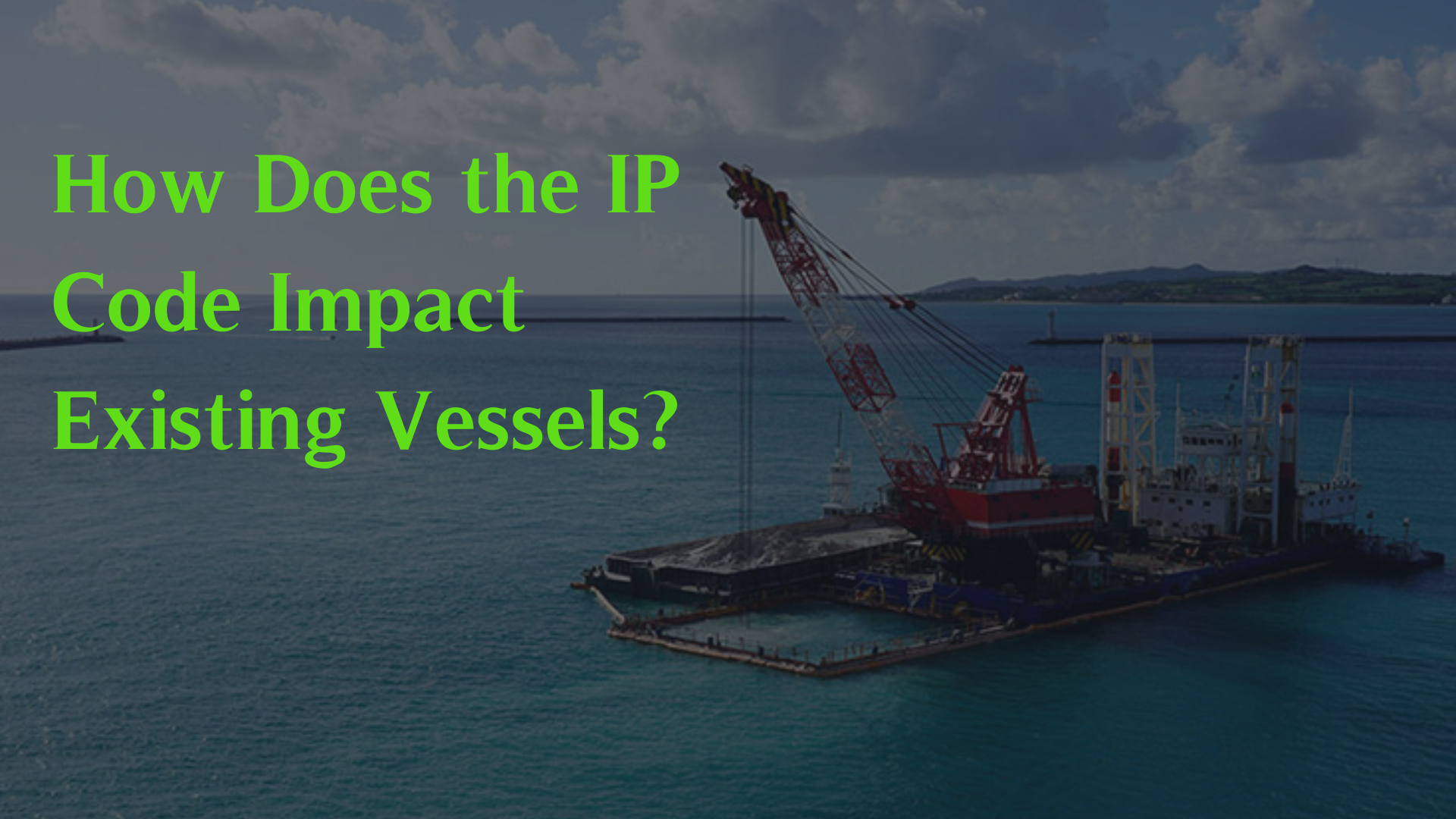

The International Code of Safety for Ships Carrying Industrial Personnel (IP Code) provides crucial safety standards for vessels transporting industrial personnel to offshore sites. Applicable from 01st July 2024, it concerns ships above 500 GT operating internationally that carry industrial personnel among more than 12 onboard individuals.
Existing fleets face unique retrofitting challenges to meet these requirements. This guide discusses practical actions, concerns, and solutions.
Before IP Code:
IMO's Interim Recommendations (Resolution MSC.418(97)) laid groundwork, leading to harmonized IP Code standards.
Ships authorized before 1 July 2024 may benefit from grandfathering provisions. Others must fully comply by the effective date.

Key impact areas:
| Description | SOLAS 1974 |
|---|---|
| Intact stability | A.167(ESIV) < 100 m |
| Damage Stability | Not Requested |
| Ballasting passenger ships | Pt B Ch. II-1 Reg. 9 |
| Collision bulkhead | Pt. B Ch. II-1 Reg. 11 |
| Double Bottoms | Pt. B Ch. II-1 Reg. 12 |
| Watertight bulkheads testing | Pt B Ch. II-1 Reg. 14 |
| Bulkhead openings | Pt B Ch. II-1 Reg. 15 |
| Watertight doors/scuttles tests | Pt B Ch. II-1 Reg. 18 |
| Watertight decks/trunks tests | Pt B Ch. II-1 Reg. 19 |
| Stability Information | Pt B Ch. II-1 Reg. 22 |
| Damage Control Plans | Pt B Ch. II-1 Reg. 23 |
| Bilge Pumping Arrangement | Pt B Ch. II-1 Reg. 21.1 & 21.3 |
| Machinery Installations | Pt C Ch.II-1 Reg. 26-38 |
| Emergency installations | Pt C Ch.II-1 Reg. 39 |
| Electrical Installations | Ch.II-1 Reg. 40, 41 & 44 |
| Emergency Power (>50m) | Ch.II-1 Reg. 42/2.6.1 |
| Unattended Machinery Space | Ch.II-1 Reg. 46-53 |
| Fire Protection | Ch. II-2 as Cargo Ship |
| Life Saving Appliances | Ch. III as Cargo Ship |
| Radiocommunications | Ch. IV |
| Safety of Navigation | Ch. V |
Who qualifies as ‘Industrial Personnel’?
Does IP Code apply domestically?
New safety requirements?
Required IP training?
Dangerous goods carriage?
Non-compliance penalties?
Exemptions/dispensations?
Required documentation?
Impact on Port State Control (PSC)?
Compliance certification process?
The IP Code enhances offshore safety standards, presenting compliance challenges and opportunities for proactive shipowners.
NAVIREGO offers traditional gap analysis and digital tools for effective compliance management.
Contact NAVIREGO for comprehensive IP Code compliance support.